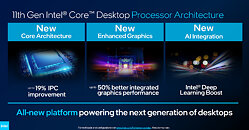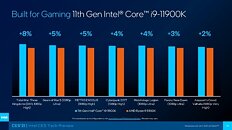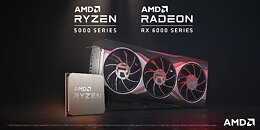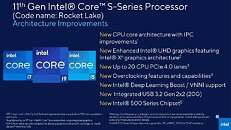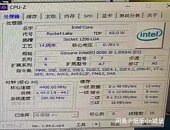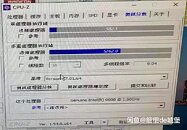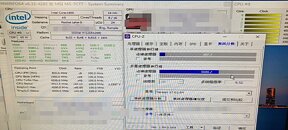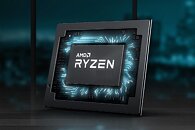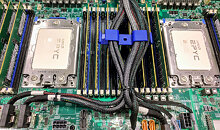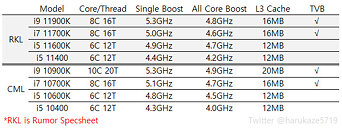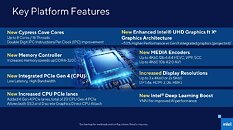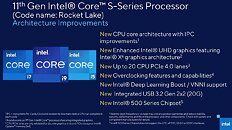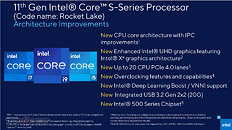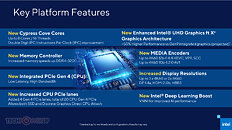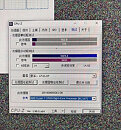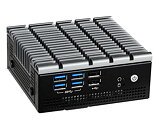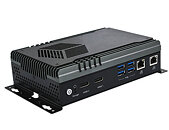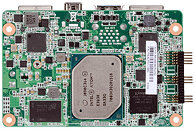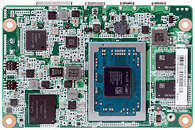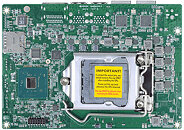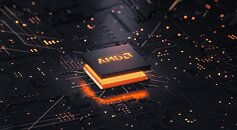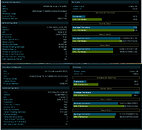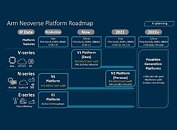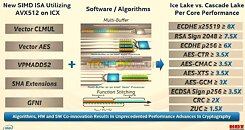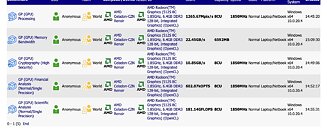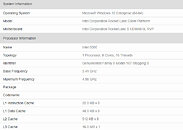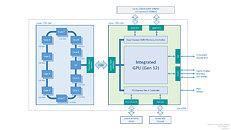
Intel Starts Production of "Ice Lake" Xeons, Ships 11th Gen Core "Rocket Lake-S"
Intel in its FY 2020 + Q4 2020 earnings release revealed two important development milestones from its two core businesses. As part of its Q4 2020 business highlights disclosures, the company revealed that it has commenced mass-production of its next-generation Xeon Scalable "Ice Lake-SP" enterprise processors. These chips implement the "Ice Lake" microarchitecture, with "Sunny Cove" CPU cores that offer higher IPC over "Cascade Lake," and are built on the company's 10 nm silicon fabrication node. Our older article details the 10 nm "Ice Lake-SP" silicon, where each die offers up to 28 cores, and enables Intel to build processors with up to 56 cores using two such dies on multi-chip modules.
Next up, the company states that it has "started shipping" its 11th Gen Core "Rocket Lake-S" desktop processors. "Shipping" in this context could even mean commencement of mass-production, and transfer of inventory down the supply chain, in the build up to a market availability date. At its digital keynote address on the sidelines of the 2021 International CES, Intel revealed many more details of "Rocket Lake-S," including its flagship Core i9-11900K 8-core processor, which it claims retakes the gaming performance lead that the company recently lost to AMD's Ryzen 5000 series. Multiple sources confirmed that these processors should be available only after mid-March, 2021.
Next up, the company states that it has "started shipping" its 11th Gen Core "Rocket Lake-S" desktop processors. "Shipping" in this context could even mean commencement of mass-production, and transfer of inventory down the supply chain, in the build up to a market availability date. At its digital keynote address on the sidelines of the 2021 International CES, Intel revealed many more details of "Rocket Lake-S," including its flagship Core i9-11900K 8-core processor, which it claims retakes the gaming performance lead that the company recently lost to AMD's Ryzen 5000 series. Multiple sources confirmed that these processors should be available only after mid-March, 2021.


